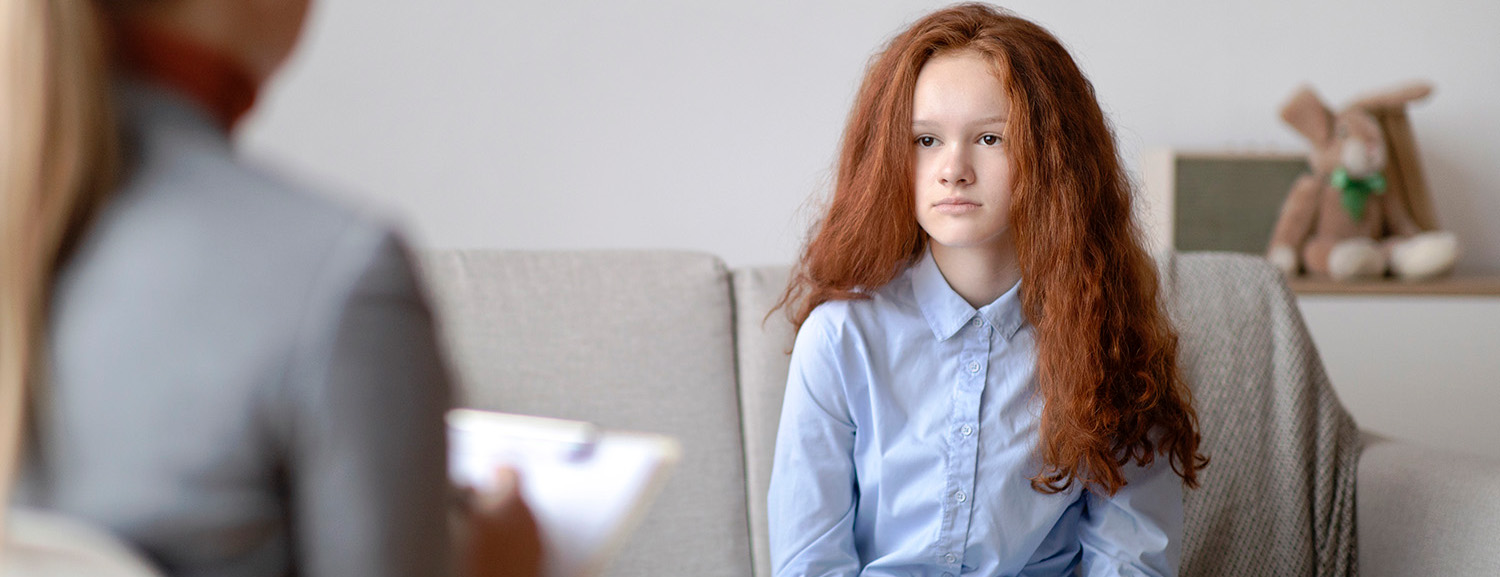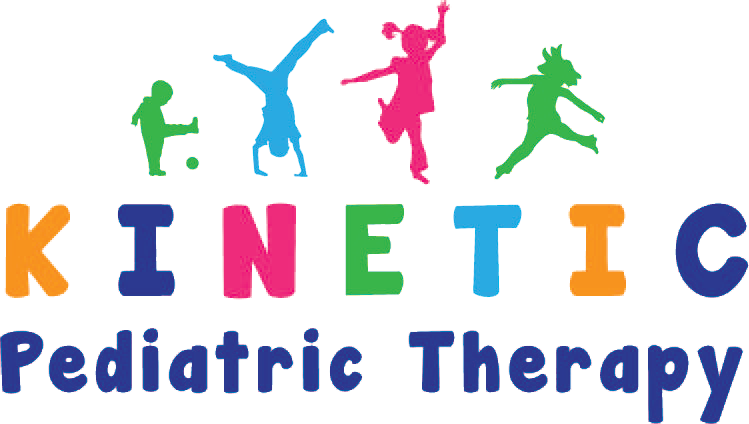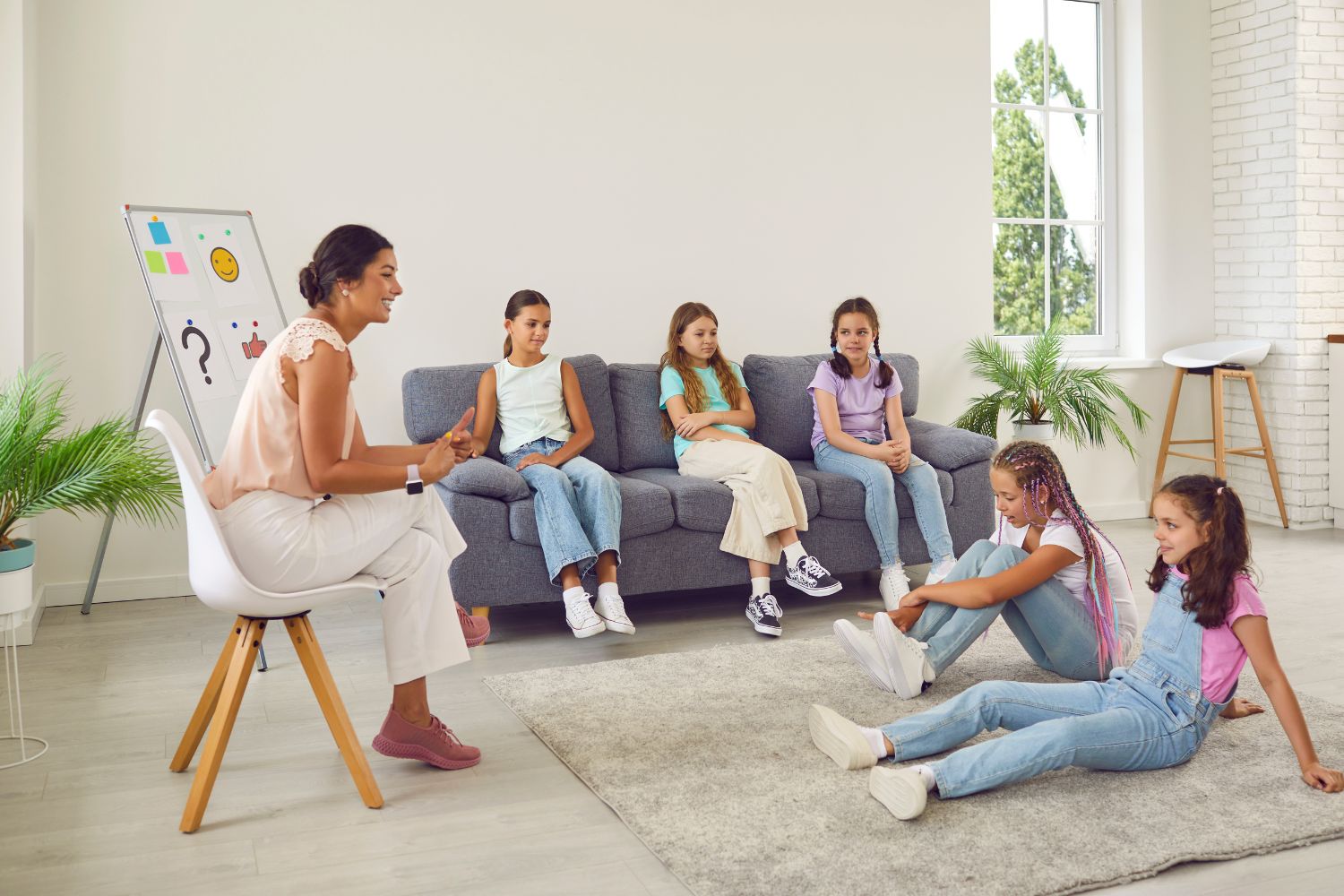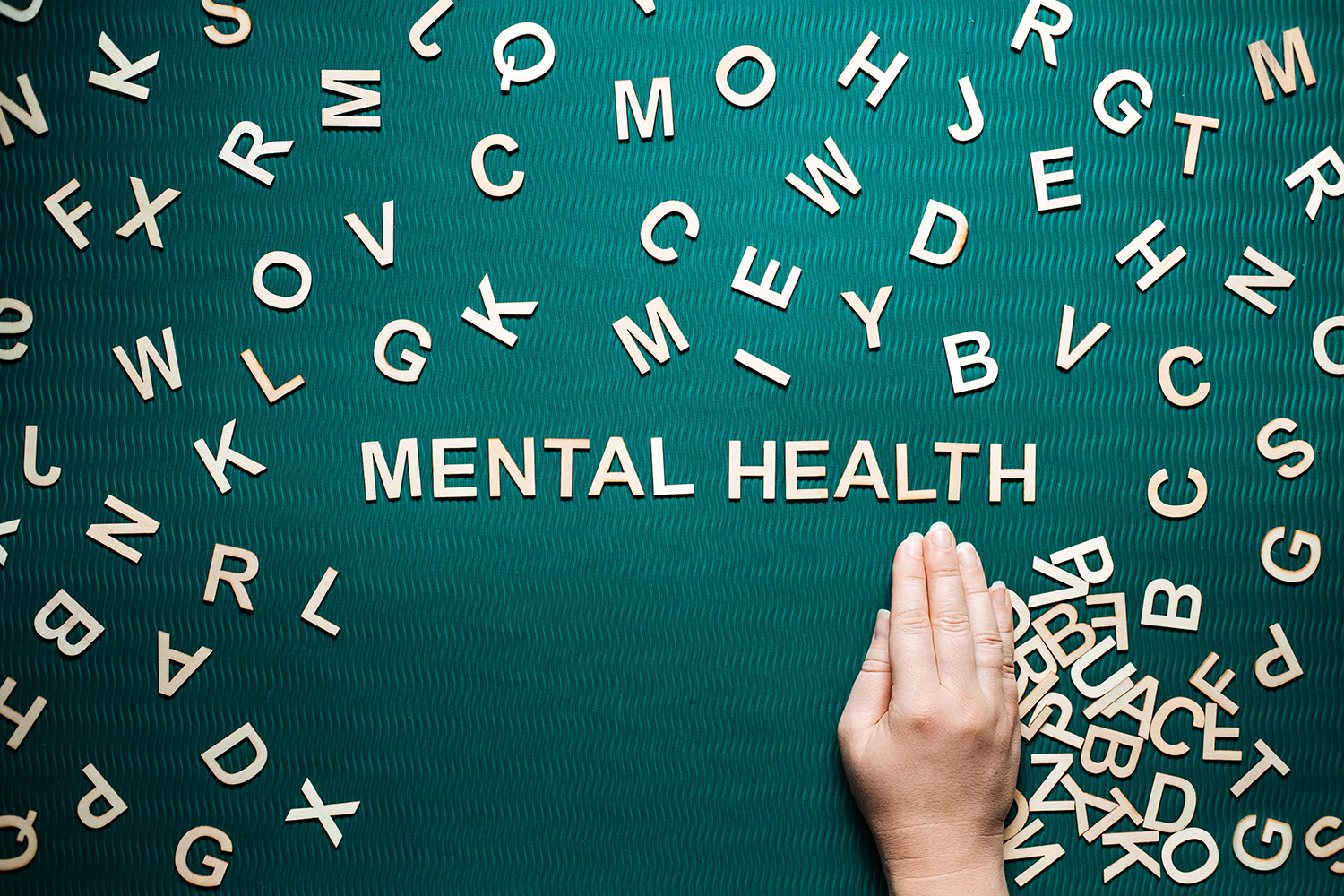
The Role of Behavioral Therapy in Enhancing Academic Performance
Success in the classroom is about more than just academics—it also depends on emotional regulation, social skills, and positive behaviors. For many students, behavioral challenges can interfere with their ability to focus, interact with peers, and meet their full potential. This is where the role of behavioral therapy becomes vital in enhancing academic performance. By addressing underlying issues and teaching essential life skills, behavioral therapy helps students thrive in both their studies and personal development.
At Kinetic Pediatric Contract Therapy, we specialize in providing evidence-based behavioral therapy tailored to the needs of students, helping them overcome challenges and achieve their academic goals.
Understanding the Role of Behavioral Therapy in Academic Success
Behavioral therapy is a proven approach that focuses on identifying and modifying behaviors that interfere with learning and social interaction. The role of behavioral therapy is to help students build foundational skills that improve focus, emotional regulation, and interpersonal relationships.
For students struggling with conditions such as ADHD, autism spectrum disorder, or anxiety, behavioral therapy provides tools and strategies to manage challenges that may otherwise hinder their academic progress. When implemented effectively, it can create lasting improvements in a student’s ability to succeed both inside and outside the classroom.
Strategies for Integrating Behavioral Therapy into Classroom Environments
How Behavioral Therapy Impacts Academic Performance
The role of behavioral therapy in academic performance is multifaceted, addressing several key areas that contribute to student success. These include:
- Improving Focus and Attention
Many students face difficulties staying focused during lessons or completing tasks. Behavioral therapy teaches techniques to improve attention span and manage distractions, enabling students to better engage with their learning environment.
- Enhancing Emotional Regulation
Emotional outbursts, frustration, or anxiety can disrupt a student’s ability to learn. Behavioral therapy helps students identify triggers, develop coping mechanisms, and regulate their emotions effectively.
- Strengthening Social Skills
Positive peer interactions are essential for a healthy school experience. Behavioral therapy equips students with the skills to navigate social situations, resolve conflicts, and build meaningful relationships.
- Promoting Self-Motivation
Behavioral therapy encourages goal setting and intrinsic motivation, empowering students to take ownership of their learning and celebrate their achievements.
Techniques Used in Behavioral Therapy to Enhance Academic Performance
Behavioral therapy encompasses a range of techniques that address specific challenges and promote positive behaviors. Some of the most effective methods include:
- Applied Behavior Analysis (ABA)
ABA focuses on understanding the relationship between behaviors and their triggers. Therapists use reinforcement strategies to encourage positive behaviors and reduce disruptive ones, helping students adapt to classroom expectations.
- Cognitive Behavioral Therapy (CBT)
CBT helps students recognize and change negative thought patterns that contribute to anxiety, frustration, or low self-esteem. By reframing these thoughts, students can approach academic challenges with a more positive outlook.
- Positive Reinforcement
Rewarding positive behaviors motivates students to repeat them. This technique can be used to reinforce good study habits, appropriate classroom behavior, and effective communication skills.
- Social Skills Training
Social skills training is crucial for students who struggle with peer interactions. Role-playing, modeling, and guided practice help students develop confidence in social settings.
The Role of Behavioral Therapy in Supporting Students with Learning Differences
Students with learning differences often face unique challenges that require specialized support. The role of behavioral therapy is particularly impactful for students with:
- ADHD: Behavioral therapy helps students develop strategies to manage impulsivity, improve organization, and maintain focus.
- Autism Spectrum Disorder (ASD): Therapy addresses communication difficulties, sensory sensitivities, and social skills, enabling students to better navigate the classroom environment.
- Anxiety Disorders: For students with anxiety, behavioral therapy provides tools to manage stress, overcome fears, and build confidence.
At Kinetic Pediatric Contract Therapy, we tailor our approach to each student’s unique needs, ensuring they receive the support necessary for academic and personal growth.
Collaboration Between Therapists, Teachers, and Parents
The success of behavioral therapy relies on collaboration among therapists, teachers, and parents. Each plays a critical role in supporting the student’s progress:
- Therapists: Design and implement individualized behavioral plans, track progress, and provide training for educators and caregivers.
- Teachers: Reinforce therapy strategies in the classroom, provide feedback, and adapt teaching methods to meet the student’s needs.
- Parents: Continue reinforcing positive behaviors at home, communicate with therapists and teachers, and offer emotional support.
This collaborative approach ensures consistency and maximizes the effectiveness of behavioral therapy interventions.
Long-Term Benefits of Behavioral Therapy
The role of behavioral therapy extends far beyond immediate academic improvement. It equips students with life skills that prepare them for future success, including:
- Resilience: The ability to overcome challenges and setbacks.
- Self-Advocacy: Confidence in expressing needs and seeking help when necessary.
- Independence: The ability to manage emotions, relationships, and responsibilities effectively.
By fostering these skills, behavioral therapy lays the foundation for long-term achievement in both academic and personal pursuits.
Why Choose Kinetic Pediatric Contract Therapy?
At Kinetic Pediatric Contract Therapy, we are passionate about helping students reach their full potential. Our approach to behavioral therapy combines evidence-based techniques with a personalized, compassionate touch. Here’s why families and schools trust us:
- Experienced Therapists: Our team specializes in working with students of all ages and learning needs.
- Individualized Plans: We create tailored interventions that address each student’s unique challenges and goals.
- Collaborative Approach: We work closely with educators and families to ensure consistency and success.
Visit our behavioral therapy page to learn more about our services and how we can support your child’s academic journey.
Empowering Students Through Behavioral Therapy
The role of behavioral therapy in enhancing academic performance is undeniable. By addressing behavioral challenges, teaching essential skills, and fostering collaboration, behavioral therapy empowers students to succeed in school and beyond.
If your child or student could benefit from behavioral therapy, contact Kinetic Pediatric Contract Therapy today. Together, we can create a path to brighter academic and personal outcomes.
🧠 Empower your students with personalized behavioral support! Kinetic Pediatric Contract Therapy offers tailored Behavioral Therapy services to schools across North Carolina, helping children thrive both academically and socially. Our expert therapists work closely with educators and families to address emotional, social, and behavioral challenges, ensuring each child receives the care they need to succeed. 🌟 Let’s create a positive learning environment together—contact us today to bring our Behavioral Therapy services to your school and support every student’s success!
Please Share




